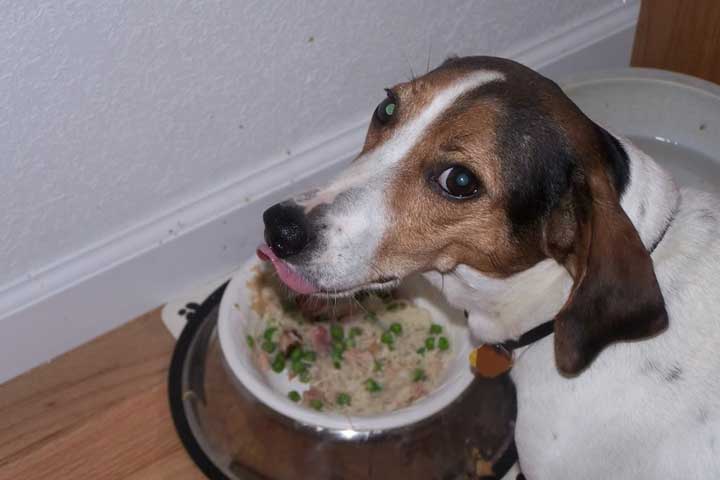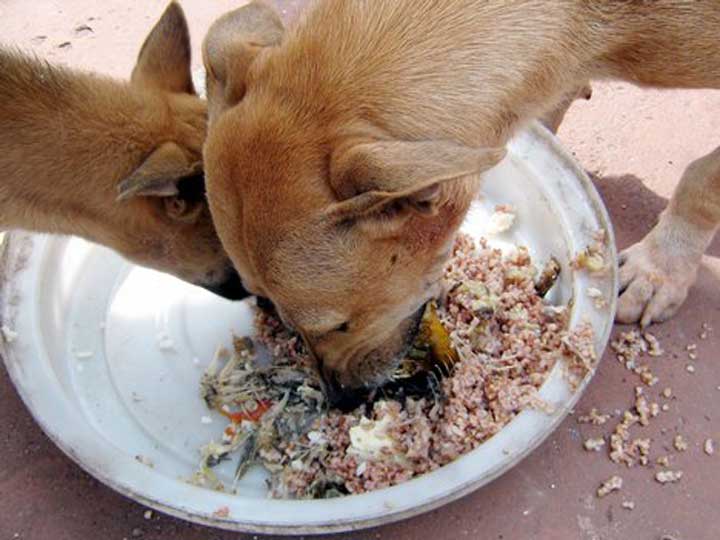Health
Dietary Recommendations For Managing Colitis in Dogs
Colitis, which refers to the inflammation of the large intestine or colon, is a common condition that affects almost every dog once or twice in his lifetime. While it’s typically not life threatening, the condition can cause a great amount of discomfort for your dog and can be a sign of a larger problem. Here’s a little more information about the condition:
Colitis: Causes and Symptoms
Your dog’s intestine can be inflamed for a variety of reasons from stress to infections such as Salmonella and E.coli to the presence of parasites. Other causes include trauma, primary inflammatory bowel disease, exposure to a damp environment, being in contact with other affected dogs and food allergies.
Colitis can be diagnosed by looking at a dog’s stool; a dog with the condition will excrete frequent, small volumes of semi formed to liquid stool, often with spots of blood. The stool may also contain mucus or fat.
The condition can be split into two types; acute colitis, which is a short term condition caused by stress, eating contaminated foods or eating too many treats or even with a sudden change in diet. Chronic colitis is when the condition continues for an extended period of time and is probably due to the presence of parasites or a deeper gastrointestinal problem.
Treatment
Depending on the type of colitis, a vet may prescribe different methods of treatment which include medication and dietary changes. Additionally, the dog may be put on a drip to replenish the nutrients are lost if he’s frequently passing stool.
Most vets agree that dietary fibre can go a long way in managing colitis, as fibres are broken down into colon bacteria which provide nutrients to the colon cells and allow them to heal. Good sources of fibres are canned pumpkins or sweet potatoes – make sure they have no added sugars and other ingredients which may be harmful to your dog. Additionally, you can get high fibre pre-packed pet food at most stores; simply check the fibre content at the back of the label

If you feed your dog a home cooked diet, try including a few more vegetables and reducing the amount of carbohydrates while he recovers; here’s a list of vegetables that are safe to feed your pooch.
The Elimination Diet
Since food allergies or intolerance are a common source of acute colitis, many vets suggest overhauling your dog’s diet. Completely replace the foods in your dog’s current diet with new foods; if the colitis heals, you know that it was caused thanks to an allergy to one of the foods in his previous diet. Most stores sell allergy specific foods, or you can simply create a homemade diet yourself. Include fibres and proteins like duck, rabbit or chicken along with a minimum amount of carbohydrates – many believe that the grains in carbohydrates aggravate the colon.
Keep your dog on this test diet for 8-10 weeks and, if the colitis subsides, you’ll know that it was the dog’s diet causing it.
In summary, colitis can be easily overcome with a round of medications and the correct diet.






















